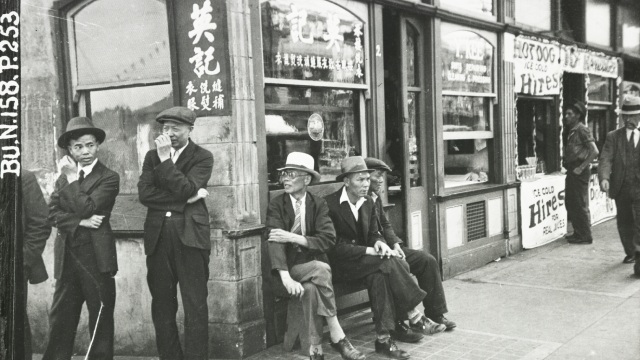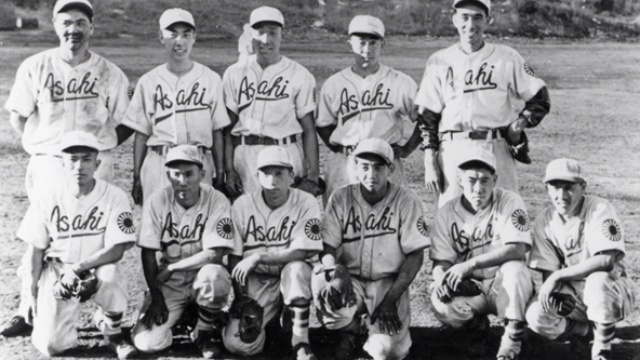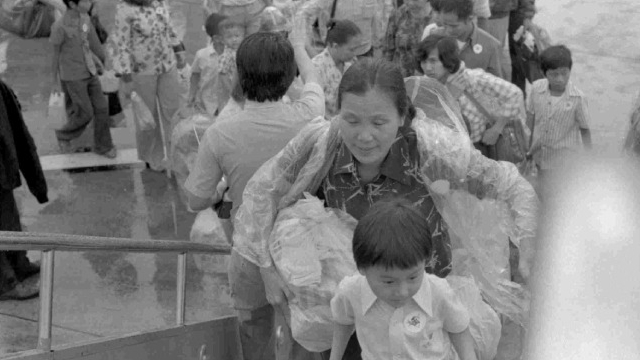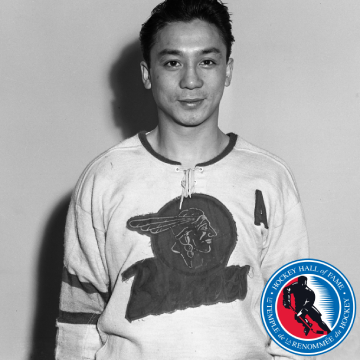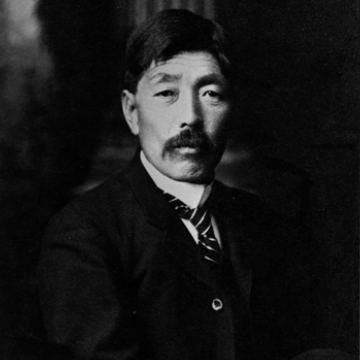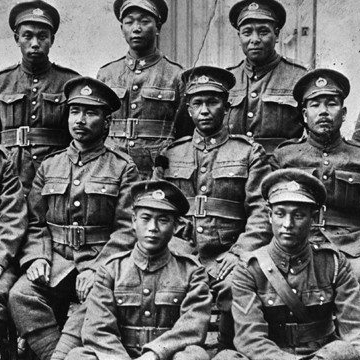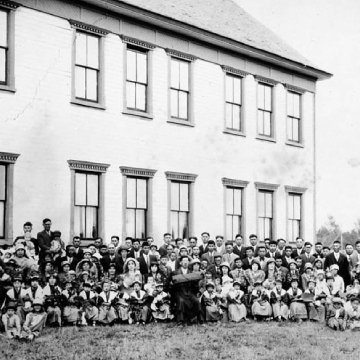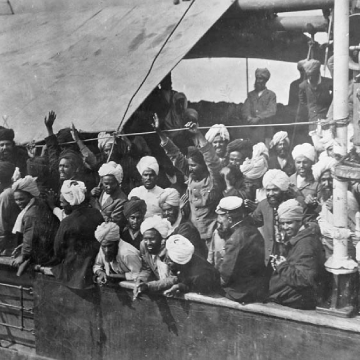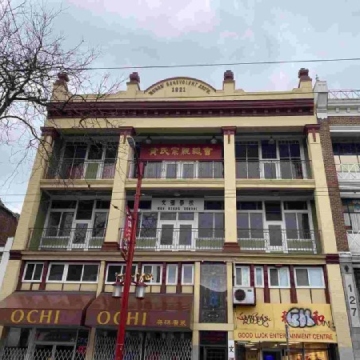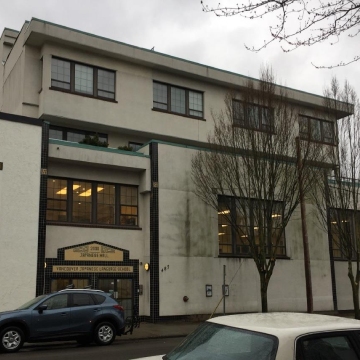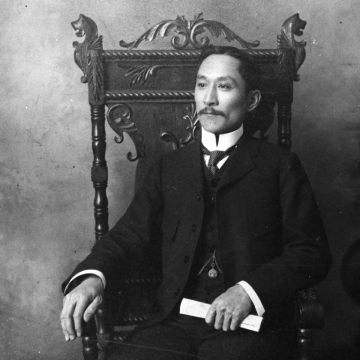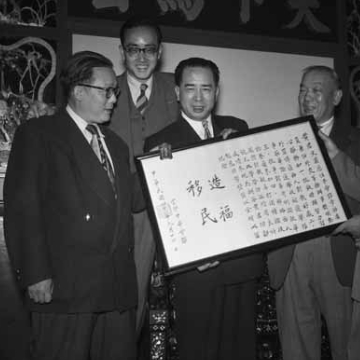
Asian heritage in Canada
People of Asian descent have contributed in many ways to history in Canada. Parks Canada and the Historic Sites and Monuments Board of Canada (HSMBC) are pleased to highlight a sample of national historic persons, places and events related to Asian Heritage in Canada.
Do you know of a person, place, or event related to Asian heritage that should be recognized?
Submit a nomination
Featured designations
Exclusion of Chinese Immigrants National Historic Event (1923-1947)
The efforts of Chinese Canadians to dismantle racist immigration restrictions led to the successful repeal of the Chinese Exclusion Act in 1947.
Location : Commemorative plaque: Vancouver, British Columba
Asahi Baseball Team National Historic Event
Between 1914 and 1941, amidst open racism, Vancouver’s Asahi Baseball team thrilled fans by winning championships in senior amateur leagues, becoming a symbol of the Japanese-Canadian struggle for equality and respect.
Location : Commemorative plaque: 400 Powell Street, Vancouver, British Columbia
Arrival of Vietnamese Refugees in Canada National Historic Event
After the end of the Vietnam War in 1975, Canada accepted nearly 200,000 Vietnamese refugees who fled persecution and difficult living conditions, and braved significant dangers.
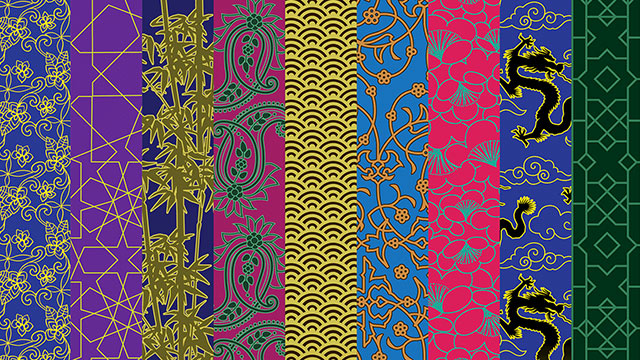
May is Asian Heritage Month
Every May, the Government of Canada commemorates Asian Heritage to honour the many achievements and contributions of people of Asian origin. The theme for 2024 is Preserving the past, embracing the future: amplifying Asian Canadian legacy.
More Asian Heritage
Abbotsford Sikh Temple
In 1911, Sikh pioneers from India built a temple in Abbotsford, British Columbia, as a place of worship and centre for the social and political life of South Asian immigrants in Canada.
Breaking Racial Barriers in the National Hockey League
Despite the exclusion and segregation in the early years of the National Hockey League, some racialized players, like Chinese Canadian Larry Kwong, were able to fight prejudice and play in hockey’s greatest league.
Chinese Construction Workers on Pacific Railway
In the early 1880s, thousands of labourers from China came to British Columbia to help build the Canadian Pacific Railway through the Rocky Mountains. Those remaining in Canada after the railway work was completed established the basis of British Columbia’s Chinese community.
Cunningham vs. Tomey Homma
This legal battle provided pre-Charter human rights activists with a compelling illustration of the need for measures that would protect basic rights of Canadians, particularly concerning equality regarding race.
Japanese Canadian Soldiers of the First World War and the Fight to Win the Vote
Between 1916 and 1918, 222 Japanese Canadian soldiers overcame barriers to enlistment and prejudice and fought for Canada on the Western Front.
Japanese Experience in Alberta
The experience refers to the continuous witness to the migration and settlement of the Japanese in Canada from their arrival through their forced relocation and the post-war reconstruction of their community and culture.
The Komagata Maru Incident of 1914
In May 1914, the S.S. Komagata Maru, carrying 376 Punjabi prospective immigrants, was stalled in Vancouver. Travellers were forced to remain on board for two months, with many passengers sent back to India.
Mon Keang School
Founded in 1923 and opened in 1925, Mon Keang School offered Chinese-language education to children and youth in Vancouver’s Chinese community, with instruction in Cantonese and other Chinese cultural subjects.
Vancouver Japanese Language School
The Vancouver Japanese Language School is a rare surviving example of an interwar foreign language school in one of British Columbia’s oldest immigrant neighbourhoods.
Victoria’s Chinatown
Victoria’s Chinatown, is the oldest and most intact Chinatown in Canada, representing the architectural, residential, and social aspects of early Chinese settlement in British Columbia.
Won Alexander Cumyow (1861-1955)
The first known person of Chinese descent born in Canada who fought all his adult life for democratic rights and an end to the raced-based franchise.
Wong Foon Sien (1901-1971)
Wong Foon Sien was an ardent activist for the recognition of the rights of the Chinese-Canadian community, and instrumental in the campaign to lift immigration restrictions.
Search through over 3,600 designations listed in the Directory of Federal Heritage Designations (DFHD)
The Directory of Federal Heritage Designations offers a complete list of federal designations stemming from various programs. It includes information on districts, buildings, events, railway stations, lighthouses and people who are of historic value or interest.
- Date modified :
